Turn any article into a podcast. Upgrade now to start listening.
Premium Members can share articles with friends & family to bypass the paywall.
It is a dark time for free speech in America.
The Trump administration’s attacks on free speech have come in many forms, and they are quickly intensifying. Over the past weeks, senior Republicans have demanded that scores of people be fired over remarks about the assassination of Charlie Kirk (many of which were indeed false or callous). Brendan Carr, the commissioner of the Federal Communications Commission, exerted massive pressure on ABC to take Jimmy Kimmel off the air, going so far as to say that “we can do this the easy way or the hard way.” The administration and its allies have repeatedly threatened to revoke the visas of non-citizens, including both students and journalists, who have engaged in disfavored political expression. Meanwhile, President Donald Trump himself is publicly exhorting the Department of Justice to go after his political enemies, making it clear that the ultimate price for displeasing the president may be prosecution by the full power of the federal state.
Amid this crackdown on the principles animating the First Amendment, it has been fascinating to watch supposed conservatives repeat some of the most ill-judged progressive justifications for limits on free speech. Over the past decade, many on the left have maintained that their demand for people who offend progressive sensibilities to be fired was not “cancel culture” as conservatives often claimed, but rather a form of “consequence culture.” Every American, this argument holds, is free to say whatever they wish; they’re just not free from the natural consequences of expressing such views.
Defending the decision in 2021 by Dr. Seuss’ estate to stop printing some of his books, for example, actor LeVar Burton called cancel culture a “misnomer.” “I think we have a consequence culture, and that consequences are finally encompassing everybody in the society,” he said on The View, making clear that he considered this a positive development. “There are good signs that are happening in the culture right now.”
Until recently, Trump rightly painted the threat of such adverse consequences as a threat to free speech: “driving people from their jobs, shaming dissenters and demanding total submission from anyone who disagrees,” he argued back in 2020, “is completely alien to our culture and our values, and it has absolutely no place in the United States.” But in recent weeks, powerful figures on the MAGA right have echoed the exact arguments which the left had once used to justify cancel culture. Nancy Mace, a Republican member of Congress, insisted that “free speech isn’t free from consequences.” The president’s eldest son, Donald Trump Jr., reprised Burton’s argument even more closely: “They’re not losing their jobs to cancel culture, they’re losing them to Consequence Culture,“ he tweeted.
In fact, we seem to be living through one of these odd periods in which ideologues, driven by the shifting partisan interests of the moment, are swapping sides on free speech. That goes for the right, which is suddenly grasping at pretexts to abandon its supposed commitment to the First Amendment, but it also goes for the left, which is belatedly rediscovering its value.
When he triumphantly returned to the air on September 23, Kimmel made a passionate plea for free speech. “This show is not important,” he told his audience. “What is important is that we get to live in a country that allows us to have a show like this.” The sentiment is noble. But one would wish that some of the people who came to Kimmel’s defense would have had a similarly consistent commitment to free speech in the past. While Tim Walz described Kimmel’s suspension as “North Korea-style stuff,” for example, he himself had previously insisted that “there’s no guarantee to free speech on misinformation or hate speech.”
Does the sorry spectacle of partisans switching sides in the great culture war over free speech indicate that nobody really believes in the principles underpinning it? And does that, in turn, suggest that free speech is for suckers—a value which only the hopelessly naïve take seriously?
Free speech is hardly the only realm in which politics turns partisans into hypocrites.
When Democrats are in power, they defend the right of the executive to declare emergencies about the climate or student debt while Republicans shout from the rooftops about the importance of limited government. As soon as Republicans are back in charge, they defend the right of the executive to declare emergencies about immigration and national security, and it is the left that remembers the importance of having effective checks on the executive. Similar examples could easily be drawn from other areas of politics in which Democrats and Republicans reliably swap sides depending on who is in government, such as ostensible views about the legislative filibuster or even arguments for why it might be acceptable to pack the Supreme Court. What all of these cases have in common is simple: As in the case of free speech, the powerful face very different incentives than do the powerless.
For the past decade, the general assumption among both progressives and conservatives had been that the left was now firmly in charge of the national culture. So when universities wrote speech codes and professors formulated clever defenses of “consequence culture” and students called upon administrators to censor the “offensive” speech of their classmates, they all shared a tacit assumption: that the people making the ultimate decisions about who gets to speak—and who doesn’t get to speak—will share their basic political sensibilities.
This was immoral: Progressives discarded a principle that is core to protecting all members of a free society the moment they thought that it no longer served their interests. It was also deeply short-sighted: For progressives to think that they would always be calling the shots about what kind of speech could lead to punishing consequences completely ignored the broader realities of American public opinion.
It wasn’t just foreseeable that the left’s abandonment of free speech would eventually backfire; it was widely foreseen, by me and by many others. Indeed, I warned progressives about this very danger in my last book, The Identity Trap, published well before Trump won back the White House. Progressive “writers and activists seem to assume that the censors tasked with determining the bounds of acceptable discourse would somehow be free from” the vices they castigate, I wrote. “This is simply naïve. While progressives might be able to censor ideas they dislike within left-leaning institutions or professions, a society that gets into the habit of censoring unpopular viewpoints would be just as likely to suppress their own points of view.”
I have come to think of the tendency of both left and right to flip-flop on free speech depending on whether or not they feel that they have the upper hand in the nation’s culture war as the power theory of free speech.
This theory predicts that the left, no longer in control of any branch of the federal government, and seemingly on the back foot in the culture as a whole, will quickly rediscover the importance of the First Amendment. And it also predicts that Donald Trump and his allies, who have for a long time presented themselves as principled defenders of free speech, will in light of their newly acquired powers quickly find reasons why those protections shouldn’t hold when it comes to their political opponents.
If this theory is correct, there is a seemingly obvious conclusion to be drawn. If so few people are committed to free speech on principle, with most only defending free expression until they grow sufficiently powerful to trash it, then it is tempting to dismiss all fretting about the First Amendment as empty ideological cant. Talking up the importance of free speech, according to this story, is just a smart way for cynics to pull the wool over the eyes of those naïve idiots who still believe that anybody actually cherishes the concept.
But this is not the inference we draw in other political contexts where left and right often switch sides depending on the partisan interests of the moment. Yes, the partisans who talk about the importance of checks and balances are generally the ones who happen to find themselves in the minority at the time, but concluding that limits on the ability of the president to do whatever he wants at any given time are utterly unimportant—or that the American republic would somehow grow healthier if we dismissed all concerns about checks and balances as mere make-believe—would be ridiculous.
The same holds true in the case of free speech. Yes, defending free speech consistently can be difficult—it’s inherently easier to support the rights of those with whom you agree than the rights of those with whom you don’t. And yes, many of the people who have most insistently invoked the value of free speech in recent years—or have suddenly started to do so in recent weeks—have demonstrated no principled commitment to the underlying cause.
But the principles of free speech nevertheless remain an indispensable basis for any free society. It is precisely because the powerful will always be tempted to make it hard for their critics to speak freely that we need rules and norms that protect those who offend from retaliation. And it is precisely because there are many ways to chill speech that a robust notion of free speech must entail not only the knowledge that you won’t be jailed for “offending” others but also the confidence that you won’t lose your job or suffer social ostracism if you do so.
Thankfully, plenty of people recognize this point. Indeed, the brazen hypocrisy in which so many of our political leaders engage shouldn’t blind us to the fact that there are also many voices in our culture that do their best to live up to the demanding principle of free speech even when doing so is difficult. From nonprofits like the Foundation for Individual Rights and Expression to publications like The Dispatch and Persuasion to writers like Jacob Mchangama and Jonathan Rauch, there are plenty of individuals and institutions that, even in these viciously polarized times, have proven to be consistent defenders of open discourse.
Especially during dark times, it is important to be a realist about politics without succumbing to knee-jerk cynicism. A realistic view of free speech predicts that many people who invoke this principle when it serves their interests will abandon it as soon as it hampers their power. But the cynical conclusion that this makes it impossible for anybody to have a principled commitment to free speech is not nearly as clever as it seems.
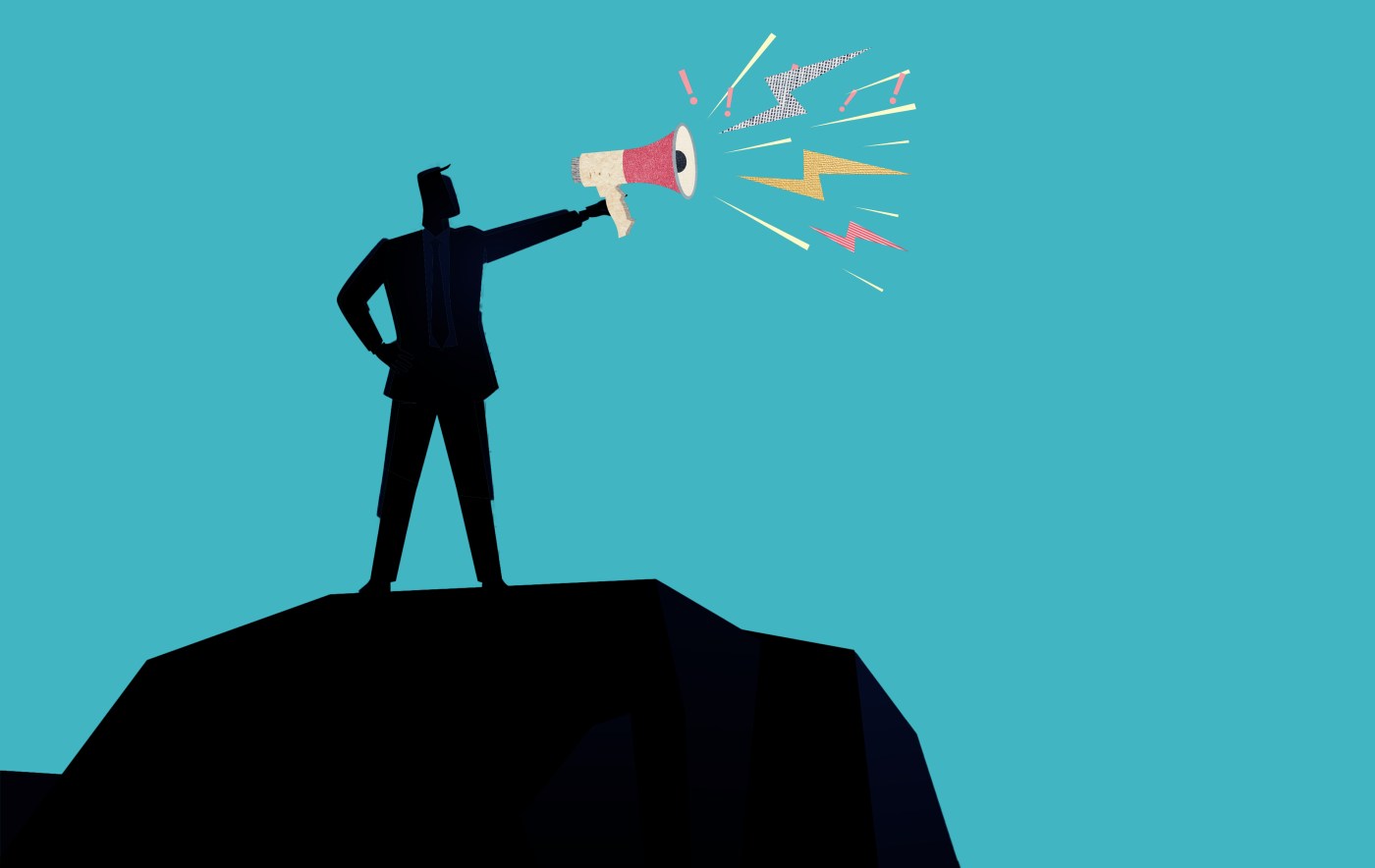

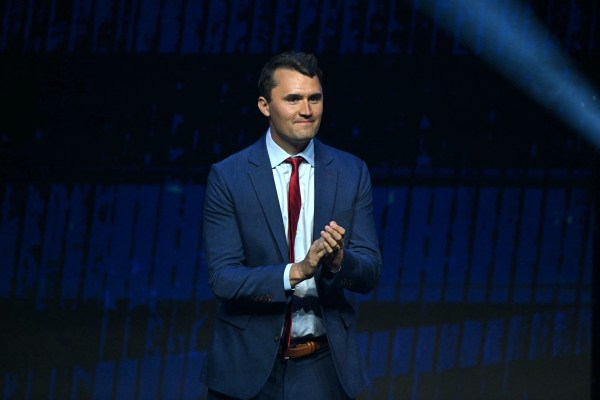
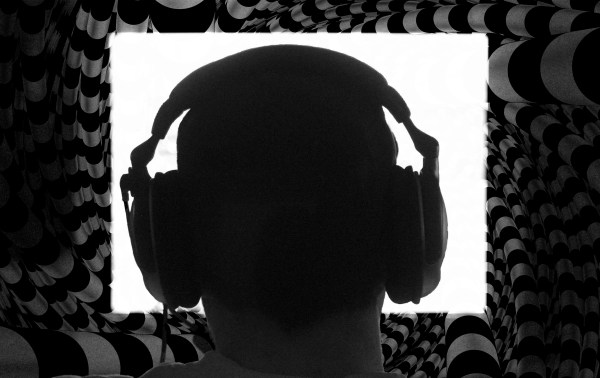
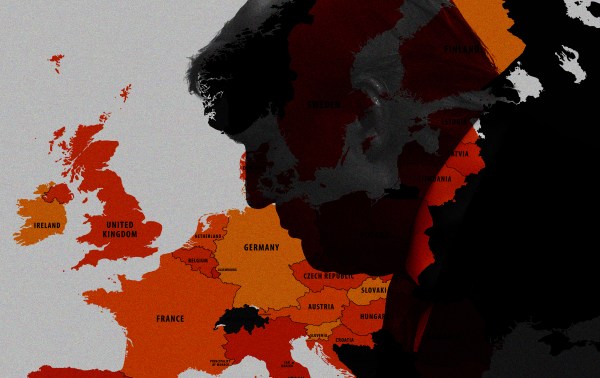
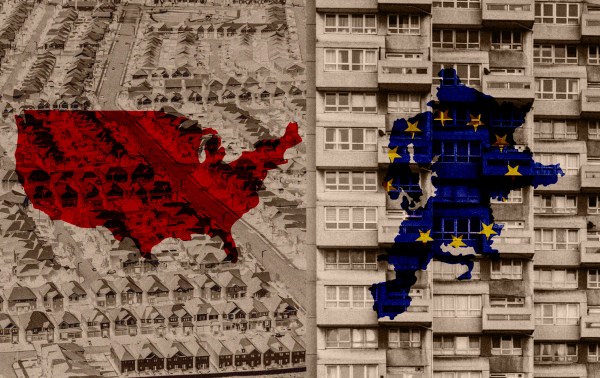
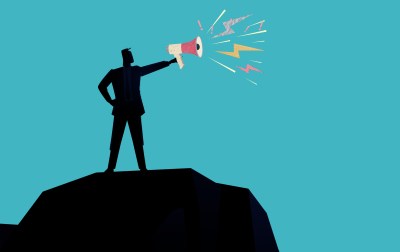
Please note that we at The Dispatch hold ourselves, our work, and our commenters to a higher standard than other places on the internet. We welcome comments that foster genuine debate or discussion—including comments critical of us or our work—but responses that include ad hominem attacks on fellow Dispatch members or are intended to stoke fear and anger may be moderated.
With your membership, you only have the ability to comment on The Morning Dispatch articles. Consider upgrading to join the conversation everywhere.